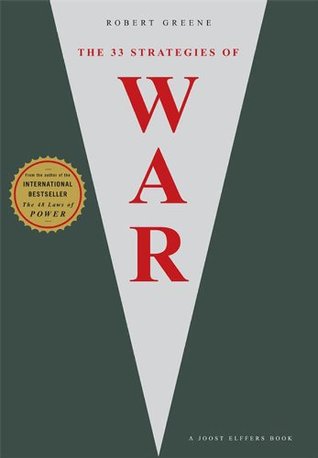For most of us, the conclusion of anything—a project, a campaign, an attempt at persuasion—represents a kind of wall: our work is done, and it is time to tally our gains and losses and move on. Lyndon Johnson looked at the world much differently: an ending was not like a wall but more like a door, leading to the next phase or battle. What mattered to him was not gaining a victory but where it left him, how it opened onto the next round.
Welcome back. Just a moment while we sign you in to your Goodreads account.


